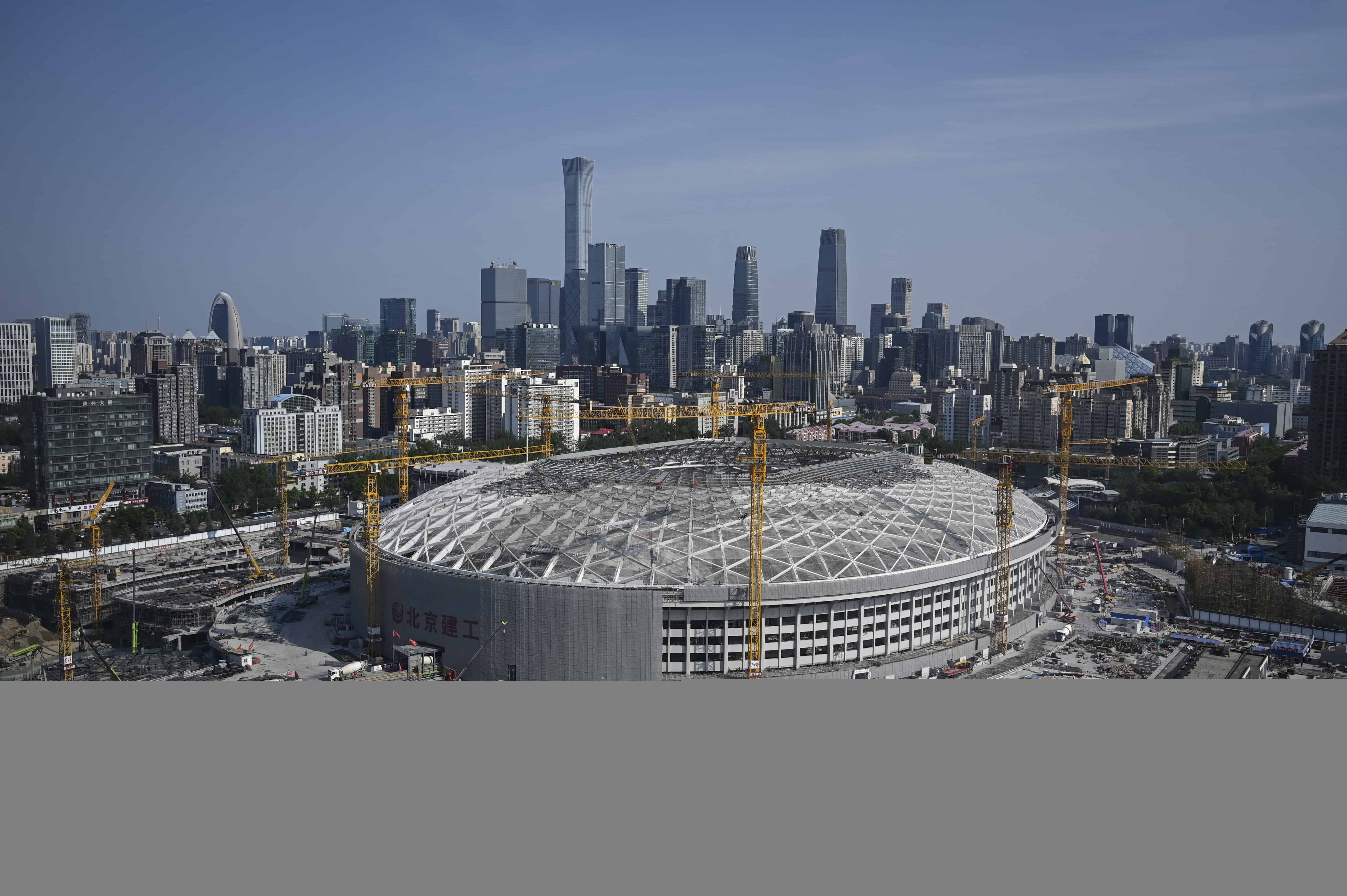China on Friday announced it would cut a key interest rate as the country fights to boost its virus-hit economy and Covid-19 restrictions rip across major cities.
Prolonged virus lockdowns have constricted supply chains, quelled demand and stalled manufacturing in the last major economy welded to a ‘zero-Covid’ approach to the pandemic.
“The five-year loan prime rate (LPR) is 4.45 percent,” China’s central bank said on Friday, lowering the rate — on which many lenders base their mortgage rates — from the previous 4.6 percent.
The one-year loan prime rate, which guides how much interest commercial banks charge to corporate borrowers, remained unchanged at 3.7 percent.
The reduction in the mortgage reference rate comes as a wave of defaults ripples through the country’s real estate sector, with developers sagging under massive debts and struggling with a slump in demand.
Sunac, one of China’s largest developers to default on payments in recent months, said last week that sales in major cities had fallen dramatically in March and April due to the coronavirus wave.
Economic data this week highlighted the stark impact of Covid-19 restrictions and lockdowns in many major Chinese cities.
Figures on Monday showed retail sales and factory output last month slumped the most since the start of the pandemic, while unemployment edged back toward its February 2020 peak.
Beijing’s unrelenting approach to Covid-19 outbreaks has snarled supply chains and locked down tens of millions of people, hitting major financial, industrial and tourist hubs.
Borders remain closed to most foreigners and a slew of international sports events have been scrapped over pandemic concerns.
China’s premier Li Keqiang on Wednesday called for government departments to “step up their sense of urgency” and said “new measures that can be used should be used” to prop up the world’s second-largest economy.
China has targeted full-year growth of around 5.5 percent, but data published in April showed that first-quarter growth slowed to 4.8 percent after its economy lost steam in the latter half of last year.








